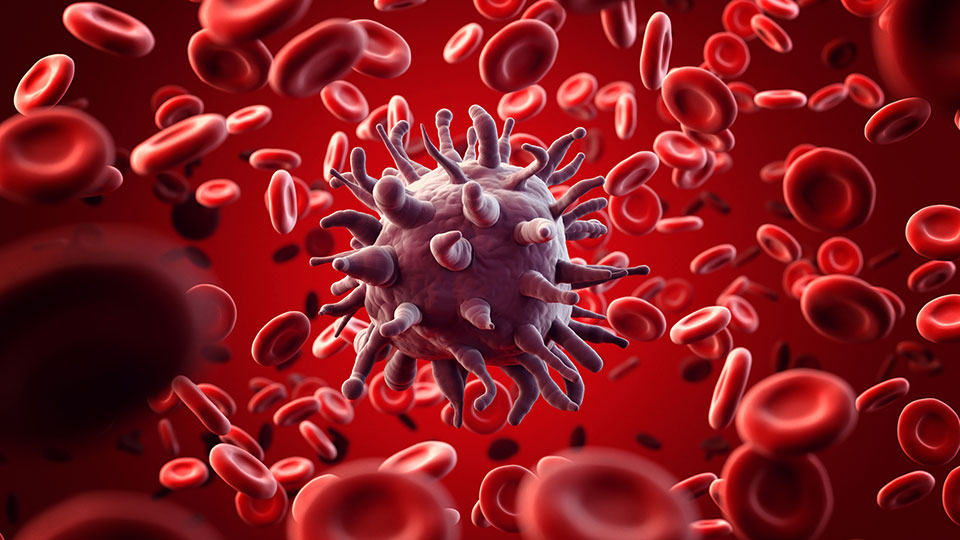
The Virus and Reservoirs Technology Core provides comprehensive Viral and Molecular support to serve the needs of Penn/Wistar/CHOP investigators in the area of basic, translational and clinical HIV research. In addition to an offering of standard services, we are available to develop customized viral and molecular support services as needed in collaboration with CFAR investigators, training for new personnel, and consultation, training, and mentoring as needed.
Available Services
Virology Support Services include a virus repository stocked with wide range of primary, prototype and mutant virus strains; services for the isolation, phenotyping and genetic analysis of primary viruses from patient-derived tissues; HIV-1 p24 and SIV p27 Gag antigen quantification; an HIV-1 viral load assay suitable for research purposes that detects all virus clades from human, NHP, or murine samples, and a variety of related reagents, services, and consultative support.
Molecular Support Services include support for quantitative real-time PCR with an 7500FAST machine, droplet digital PCR with the Bio-Rad QX200 AutoDG Digital Droplet PCR system, optimized HIV and cellular primer/probe sets and reagents; support for primer design and analysis of custom targets; quantification of several measures of HIV reservoirs; and related services.
The Core also offers Deep Sequencing Support using the Illumina platform and custom bioinformatics. This technology is suited to analyzing complex populations of HIV genomes or HIV integration sites. This service is offered by Dr. Frederic Bushman and laboratory members. For requests and queries please contact Aoife Doto at rochea@pennmedicine.upenn.edu.
Single Genome Amplification Services include consultation and hands-on training for investigators who are interested in amplifying single templates of their pathogen (e.g., HIV/SIV, HCV, Plasmodium, bacteria) of interest without the risk of PCR artifacts. This service is offered by Dr. Frederic Bibollet-Ruche and Dr. Beatrice Hahn.
Reservoir Analysis Services Several experimental strategies are being designed to reduce HIV reservoirs to a point where the host immune system may effectively maintain virologic control in the absence of antiretroviral therapy (ART). Progress in this direction is dependent on validated and feasible measurements of the persistent HIV reservoir in vivo, including its composition, size, and potential for recrudescence. The core offers several robust and sensitive molecular biology-based assays to measure cellular and tissue HIV reservoirs. These assays are offered to the CFAR investigators to support the various HIV cure research initiatives.
Current assays developed to measure HIV reservoirs’ size assess different aspects of the HIV provirus and its functionality; therefore, they produce divergent results. It is essential to carefully consider the advantages and drawbacks of each assay. It is also important to understand what each assay measures and how to interpret its results. In addition to assays themselves, the Core provides consultation and guidance on selection of assays for investigators’ individual needs. In this table (see link below), the Penn CFAR Virus and Reservoirs Core summarizes each assay and indicates these assays’ availability as a core service.
In parallel to HIV assays, the core has developed a similar suite of reservoir assays for SIV and SHIV studies in nonhuman primates. These assays include molecular quantification of SIV/SHIV RNA, DNA and intact proviral DNA, as well as consultation on virus choice, experimental design, and assay choice.

